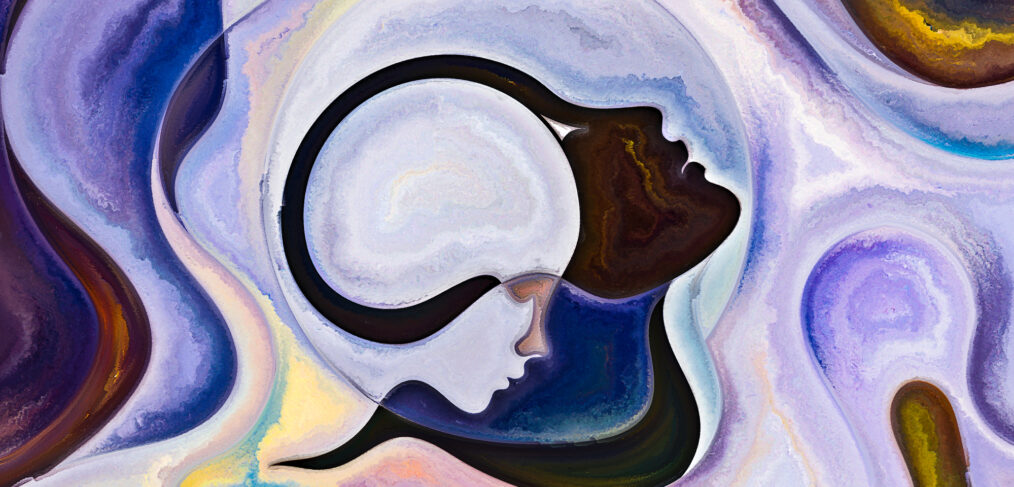A moment can last a lifetime. When you live in the moment, each moment that passes is a world to itself and can be explored as such. Many people lead very surface lives. They are aware of only what they must be to exist or to pass the time. Through mindfulness, you can learn to find depths to life hidden under the surface. As you dig deeper, you develop an intuitive sense of existence and everything in it. You know and understand patterns of everything you experience and can retain and enhance that intuitive awareness as you go deeper and deeper into your life.
How much time do you spend getting to know people? Not just what they did over the weekend and how their kids are doing, but really trying to get a feel for who they truly are and what drives them. Most interactions take place on a very surface level. We engage in small talk or interact on the basis of what we’re intending to accomplish, and the rest is often just minimal politeness. There’s nothing wrong with a pleasant passing of the time, but if we become closer with people, we might have deeper conversations and get to know them better. We can learn to guide our interactions based on that knowledge and those insights. However, unless we make a consistent effort to get to know people andincorporate that knowledge into our interactions with them, we aren’t taking advantage of opportunities for much more meaningful and rewarding relationships.
Each of us has a constant stream of emotions, but how many of us are aware of that stream and fully understand where our emotions come from and how they affect our lives?
It’s easier for more extreme emotions. We might get excited and happy before we’re about to travel. This kind of emotion bubbles up inside us, and our awareness of it is unavoidable. The same can be said for extremely negative emotions, for example when we suffer the loss of a loved one. In these times, we would do anything to escape the pain we are feeling. It overwhelms us, and we aren’t able to think about anything else. Our full awareness is caught up in our painful emotional stream. But what about times when we don’t feel overwhelming emotions? What about our day-to-day emotional context and how it affects our outlook and actions? It is possible to be fully aware of these emotions too. It’s not only possible; it’s a necessary step in living our lives to the fullest. Our emotional context is a driver for every decision we make, every word we speak, and every action we take. If we can become fully aware of this layer of our psyche, we can live our lives more intentionally and purposefully, and if we can take the next step and develop insights into our emotional stream—if we can see how our emotions are likely to evolve—we can live with a keen sense of identity and direction.
The people you know are not the same people they were when you met.
People change—sometimes little by little, in subtle ways, and sometimes dramatically—but, ultimately, we all change all the time. We have to be open to changes in the people we know—even those we have known intimately or for a long time. If we expect people to stay the same, we will invariably be disappointed or confused. We also have to be open to changes within ourselves. If we find ourselves wondering why we aren’t reacting the same way to what is happening to us, it is because we are experiencing life as evolving, growing people. We constantly respond to the events in our lives in different ways, whether we know it or not. Once we embrace this fact, we will be able to handle life’s twists and turns with a sense of wonder and excitement instead of worry and foreboding.
I love to travel. I’ve done a good bit of it, but I’d like to travel a lot more. What is it about travel that makes people so excited? It can certainly have its share of headaches and hassles. But when people think about or plan their travels, they’re exuberant. They can’t wait to go, hassles and all. The great thing about being on the road (or in the air, or on the water, or on the rails) is the sense of adventure, of exploring something new or unknown. The same feeling can happen when we stretch our boundaries of our experiences, our outlooks, and our thinking. By exposing ourselves to new experiences and new ideas, we can grow in much the same way that we do when we travel. And growth is part of any meaningful life.





